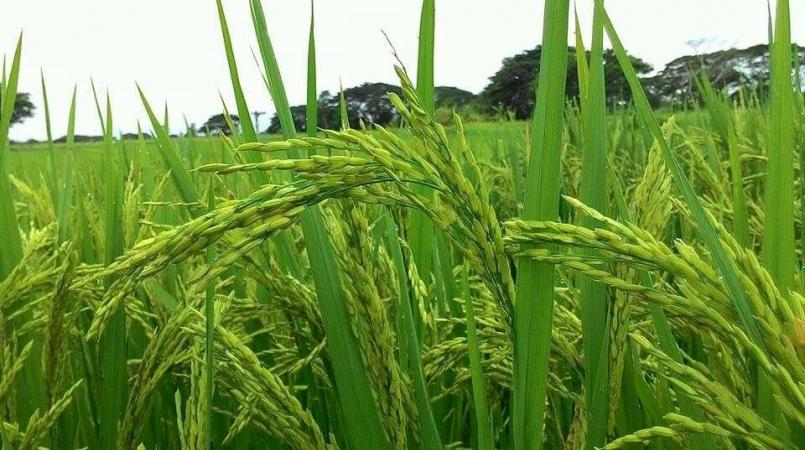
The Food and Agriculture Organisation of the United Nations (FOA) celebrated its globally recognised World Food Day on October 16.
In Trukai Industries, it was clear that one company above all others in PNG represented what the FOA is asking of institutions related to the farming and agriculture sector in developing nations.
Trukai’s progressive programs aimed at developing local capacity to grow rice in PNG parallels with one of the central messages from the FOA to global companies: “Local institutions need to develop capacities and motivate men and women farmers.”
To date, PNG’s major rice supplier has invested 181 million Kina in setting up its Lae mill, distribution centres and processing facilities, while investing a further K5.5million in agricultural infrastructure including state-of-the-art agricultural machinery.
This investment has seen up to 100,000 Papua New Guineans directly or indirectly earning income through their association with Trukai, be it as an employee, farmer or vital link in their unrivalled distribution channel charting throughout the country.
Over the past 15 years Trukai has invested a further 60 million Kina testing different agricultural crops, training landholders and providing equipment to support the food security capabilities of PNG.
Between 2010 and 2015 alone, Trukai committed 30 million Kina to help small landholders in PNG grow rice, for the purpose of buying that very same rice back from them.
“It is an enormous undertaking when you consider that we have made that investment knowing it would be many years before we started to receive any sort of return. We had to start from the ground up to establish any commercial farming infrastructure in PNG,” explained Trukai CEO Greg Worthington-Eyre.
“We have now successfully developed multiple pilot rice farms in West New Britain, Central, Morobe and Oro Province to assess the potential for growing rice on a commercial scale. The key to their success is the willingness of communities, Provincial and the Local Level Governments to participate in the development of rice as not just a major food staple, but a viable new income stream.”
Trukai’s experimentation in cattle and mixed cropping projects also symbolise what World Food Day is trying to advocate to the corporate community in developing nations such as PNG.
Trukai currently operates a commercial cattle production farm at Erap and just like rice, the cattle production area is used as a model to exhibit what is possible with agriculture in PNG.
The basis of the Erap herd of 2000 head is Bos indicus with Trukai placing strong emphasis on their cattle’s docility and suitability to the environment. The Erap herd exposes all animals to less than ideal pasture intake and all animals are pre-conditioned to foraging for food so they are adept at surviving when pasture becomes less available.
Mung beans and stockfeed are sustainable food items which Trukai Industries has poured resources into.
Approximately 35 % of the rural population of PNG (2.1 million) is undernourished, and Mr Worthington-Eyre believes introducing mung beans, which contain over 18 % protein, can significantly improve nutritional deficiencies rurally.
“The inclusion of mung beans in our crop rotation program improves soil productivity and minimizes pest and disease outbreaks,” he explained.
“While growing rice continues to be a focus for Trukai Industries, rotational crops are another area of focus in our bid to assist smallholder farmers in PNG.”
